Survival Techniques: Learning to Observe, Adapt and Overcome
Survival Techniques: Learning to Observe, Adapt and Overcome
- Survival Techniques: Learning to Observe, Adapt and Overcome
- Survival Techniques: Building a Shelter to Live Through the Night
- Survival Techniques: Tips and Tricks to Constantly Improve Your Situation
Not too long ago, before Fastex buckles, SureFire flashlights and freeze dried Mountain House meals, a person’s survival was directly related to their skill and knowledge of their environment. The fur trappers who preempted the European expansion westward knew this better than most. In the early 1800’s, some of the most capable men were driven to the life of fur / beaver trapping in the Rocky Mountains. Hostile Indians, Grizzly Bears and some of the harshest weather known at the time constantly threatened their lives. Even if these men were hardy enough to survive the elements, they still had to figure out how to gather food, build shelter and start a fire in conditions that ranged from 90 degree heat to -40 degrees with heavy snow fall.
There’s much that can be learned from this time period when it comes to the topic of survival. I’ve been in Montana learning from the older generation who perceives technological innovation as a crutch that will fail you when times get hard and that the resources that sustain them dissolve. The focus here has been on gear made of rope and leather, tying good knots and living out of the ITS Mini Survival Kit as much as possible.
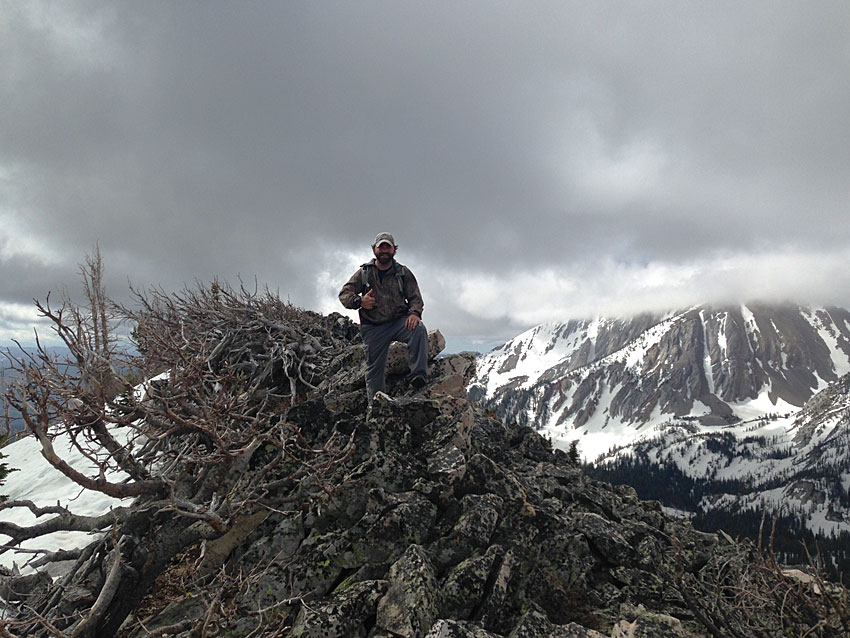
Observe
Our culture thrives on information. So much so that in any given day, we’re so inundated with this fire hose of information that we often retain very little from the experience. It reminds me of the Bing commercial that ran last year about “information overload.” If you remember, a woman asks her husband if he bought airline tickets to Hawaii and he begins rattling off all the useless pieces of information gained through website searches throughout his day.
We as a society have eaten from the Tree of Knowledge with the Internet and there’s no going back. Anything you want to know is at your finger tips. Don’t like what I just wrote? Go online and find five dissenting opinions that will make you sound like a genius and post it below. You can present yourself as a Cambridge Professor and probably pull it off.
Our entire social media outlook is based on projecting the strongest, funniest, smartest version of ourselves so that others will believe that it’s true. Is this the reality? Is your best foot always forward in real life? The ability to sound like an expert is very different than actually being able to demonstrate ability with consistency. Projecting a fun image on Facebook is not the same as actually being a fun and energetic person.
There’s a reality out there that we’ve slowly come to deny. We’ve begun believing that we are stronger and more capable than we actually are. This is because we SOUND like experts, not because we demonstrate expert ability.

Don’t think that I’m against Internet knowledge and online communication. In fact, this glass is actually half full. The information is there, all we need is direction so that the information gained will bring about a longer, happier life. In the survival context, this could mean setting a snare for a protein source that will keep your body alive for a couple more days.
Before the Internet, one had to engage in mentorship to be able to observe the correct way of doing things. Now we have YouTube, ITS Tactical and even an SAS Survival Handbook smartphone app. Before I go into the mountains, I always research a little and read case studies about real situations that can be learned from. It may be a little bit here and there but spread over a long duration will stick much better than drinking through the proverbial fire hose.
Learn your Observational Style
Everyone has a preference on how to retain information. Some people prefer to read while others prefer hearing the same material because it will help them acquire the knowledge easier. If you find yourself reading the same page three times in a row because of focus issues, consider buying an audio book and listen to it during your commute, while you mow the lawn or on a run. You may find that you get much more out of the experience.
Personally, I prefer the hands on method of apprentice. This is my preference because I like to know the why behind the how. I learned in my early 20’s that there’s nothing better for me personally than getting hands on instruction. For this reason, when I got to Montana earlier this year, I wanted to train with one of the best. I wasn’t interested in someone selling a book or featured on TV. I wanted to train with someone who had spent so much time surviving in the wilderness that the wilds felt more like home than the city valley. Someone could even replace the word “survive” with “live” in the wilderness.
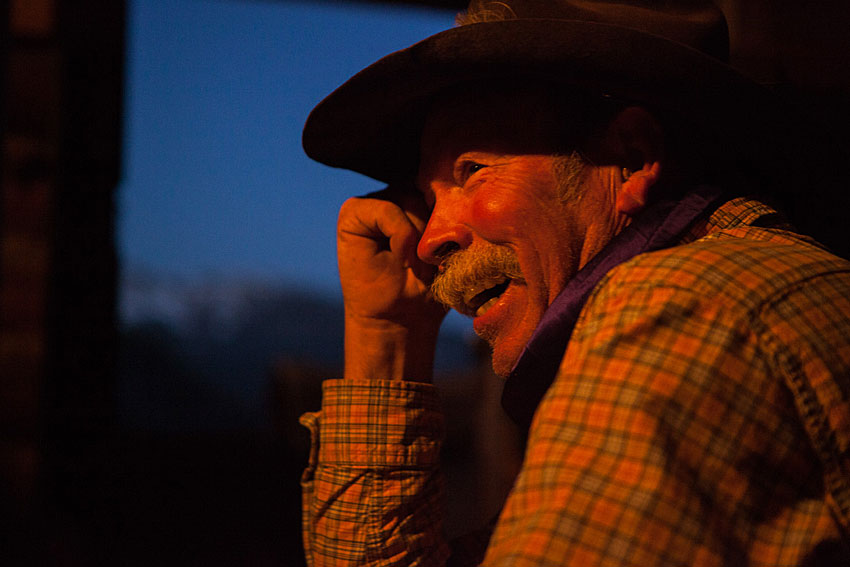
Over the last few months, I’ve been blessed with the opportunity to spend time with a man who has taken survival technique and overland movement to another level. Mark White spent his early years in Arizona, then made his way north through Wyoming and Montana over the span of his life. One thing has never changed throughout Mark’s life, his desire to spend it outdoors with as little gear as possible. At 23, an electrical accident took his leg and left him badly burned from head to toe. The only two things that pulled him through the traumatic event were the tender support of his wife and the dream of building a cabin in northern Wyoming.
After recovering, he became a big game outfitter and horse packer. This gave him the ability to cover up to 40 miles per day, which compelled Mark to go deeper and deeper into the wild places of the world. As the umbilical cord that keeps man connected to society in the post modern world began to weaken, Mark began making friends with some of the toughest and most capable people in the west. He began to understand how nurturing the Rocky Mountains can be if you only know where to look and what to do.
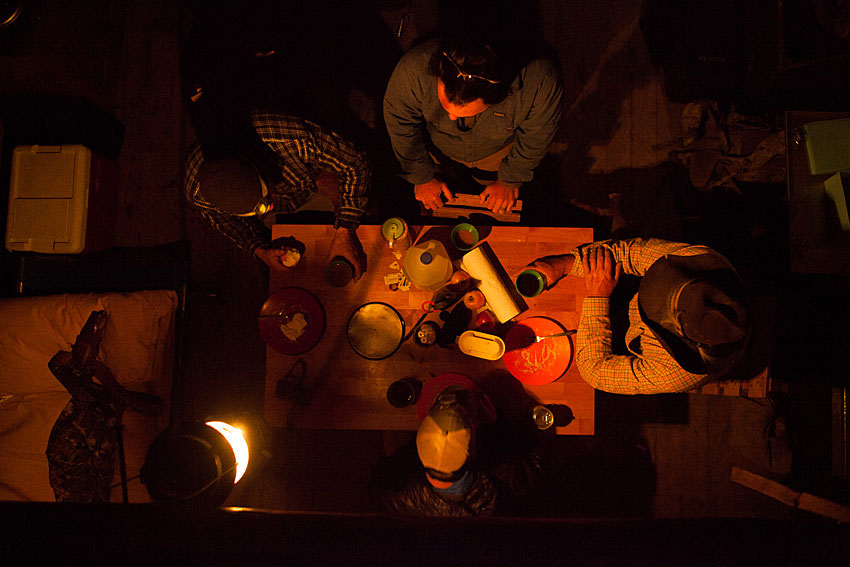
Adapt
Mark White can survive in the wild without resupply for months at a time if he chooses. This is why I wanted to become like a sponge, forgetting everything I thought I knew about survival and pick his brain. On three separate occasions we took the ITS Mini Survival Kit deep into the Lee Metcalf Wilderness of Montana to test our skills, the equipment and to learn by being hungry. Nothing is as motivating when gathering food than being hungry. The desperation that makes your hands shake as you set snares for small game when you’ve not eaten really shows how dire a situation can be and how quickly it can get out of hand.
It’s important to remember that you cannot become a good hunter simply by reading a magazine. You cannot become a great shooter solely by reading an article and studying the SAS Survival Handbook doesn’t make you a survival expert. While it’s better than nothing, simply reading about a subject may not be enough to get you through a life or death situation. Action is required if skill is going to be attained. Repetition of action is what leads to true capability. Aristotle said that, “We are what we repeatedly do. Excellence then is not an act but a habit.” I encourage ITS readers to always try and demonstrate the skills, knots and techniques that you read about.
The motivating factor behind survival technique must go beyond simple practical application. The truth is that you may never have to practically apply these techniques to your life. You may get more out of learning the new software on your phone than you ever will out of snaring and trapping animals. The reason this section is not called “application” is because it falls short of the real issue. The real issue is that if you spend a lot of time outdoors and are an active person, you may find yourself in a situation full of two kinds of people. Those individuals are either assets or liabilities.
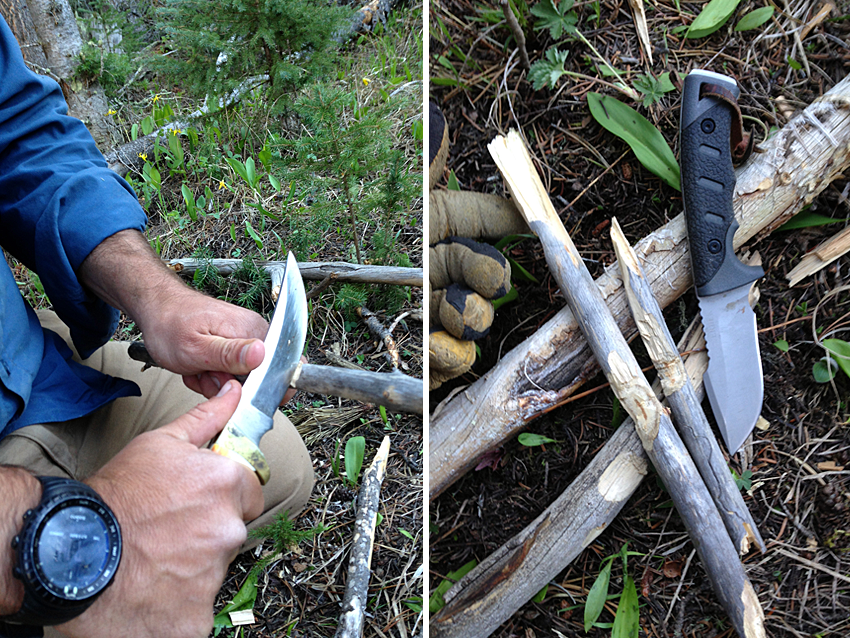
This applies to every situation but in the survival context it becomes dire. If only one member of 10 knows anything about survival, then the group actually has a chance. Even one person who has made the decision to break free of false self-projection in order to become realistically capable can save the lives of the remaining 9. One asset can save multiple liabilities.
Which am I? I encourage you to ask yourself this question in different scenarios. You will begin to identify chinks in your armor, weak links in the chain that need to be strengthened. Simply identifying your weakness will lead to adapting to the environment in order to become strong.
How Does Weakness Become Strength?
Weakness transitions to strength through the process of applying pressure over and over. Life has a way of building against external force. A statue is little more than stone. It’s the chisel and artist who saw the potential of the rock and began applying pressure and force against the stone. The process of making a statue requires patience on the part of the artist and resilience on the part of the stone. The end result is an object made of the same stuff as the rocks to its left and right, but is different than the rest because it has value. It’s worth more because it has endured more. The point is, without action, knowledge is fleeting and inert.
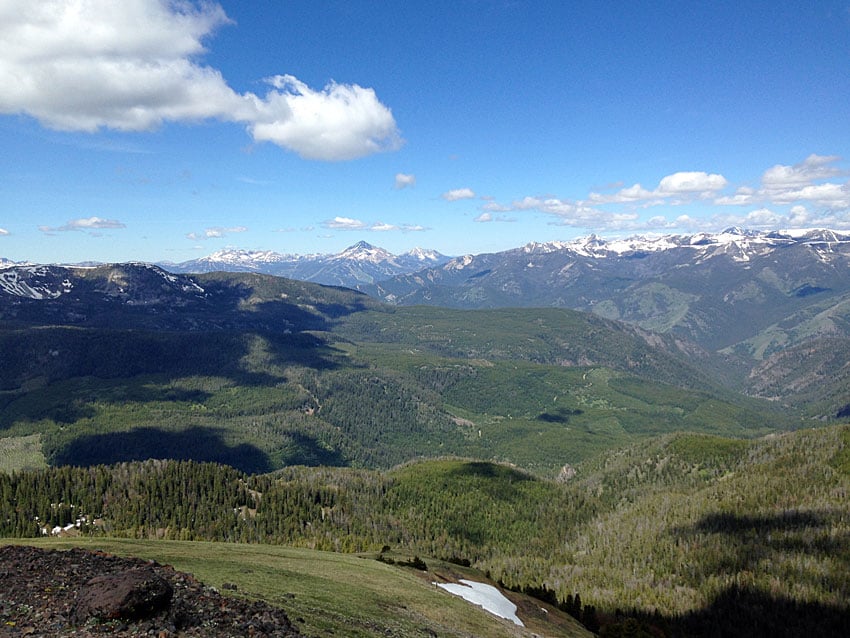
Overcome
As I mentioned above, Mark was in a burn unit for what felt like an eternity for him. In this time he read a book about building a cabin from scratch and thought that Wyoming would be the perfect place. He started by building the cabin one room at a time. He shared a story about he and his wife having to peel baby blankets off of a tent wall because they had frozen solid to the wall. It wasn’t easy but he was able to keep his family healthy while building their home from nothing. His dream became a reality because he applied knowledge learned and worked hard. In the end, it takes a lot of work, regardless of the knowledge base.
I highly recommend attending an ITS Muster event or something like it if you want to become an asset in some of the most difficult situations. At Muster, you’ll learn how to start a fire, gather water, hasty rappelling, lock picking, escape from illegal restraint and many more skills that don’t just look badass on Facebook but actually make you more of a badass. These are skill-sets that have been key to our species survival for longer than most of us can even imagine.
It’s not what you say, it’s what you do that matters. Sounding like an expert will not keep you alive when you need it. However, if you’ve observed reality and adapted yourself to your environment, there’s a good chance that you’ll crush the situation.
Over the next few weeks we’ll share some life saving techniques for wilderness survival. We’ll be discussing how to snare and trap small game, what materials will light a fire in rain and snow, tips on wilderness medicine and navigating with minimum amounts of aid. In the book of Proverbs 27:17 it reads, “As iron sharpens iron, so a friend sharpens a friend.” This is a great challenge to all of us. Join me this summer in applying pressure to your natural state so that your blade will remain sharp and ready for action.







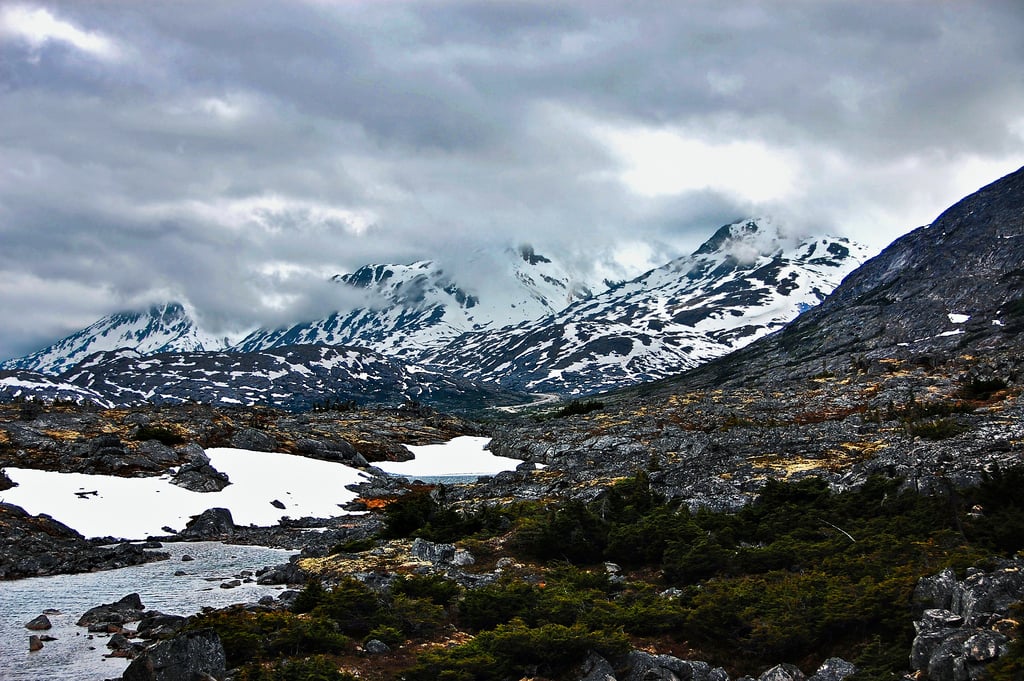
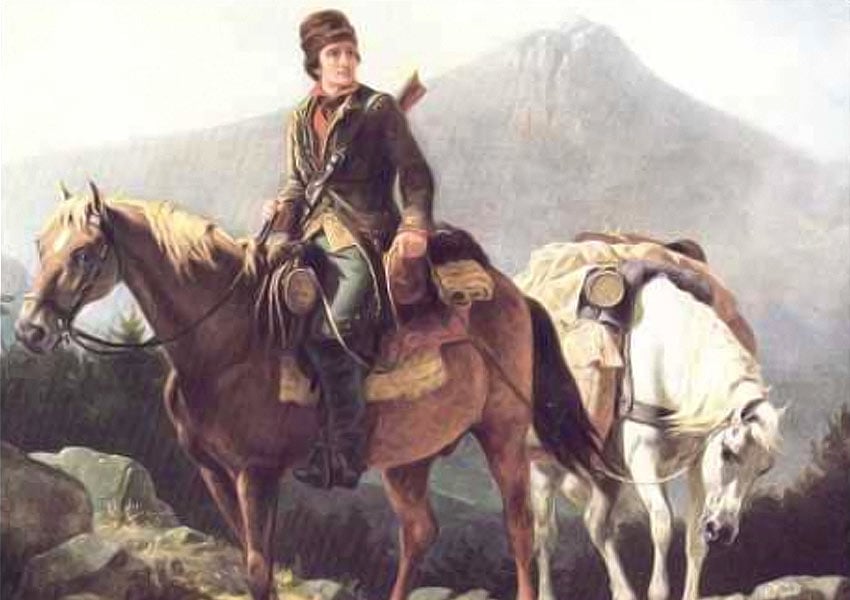
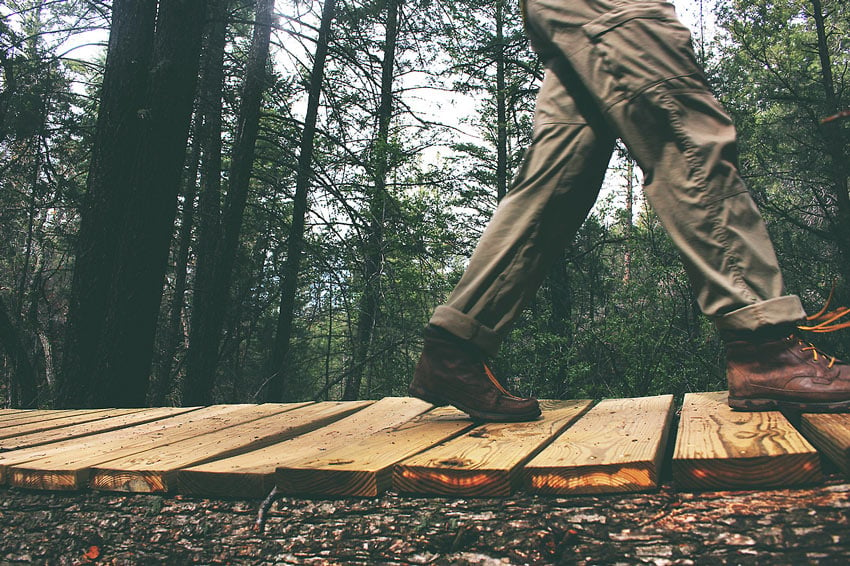
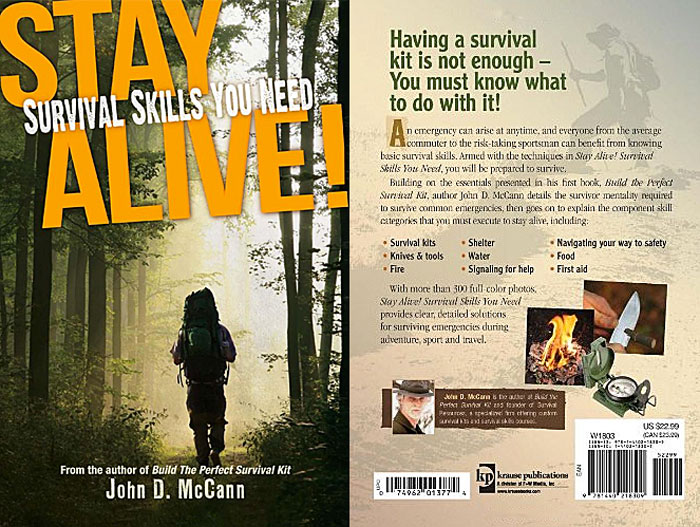

Discussion